Global Future Mobility Conference: How far is unmanned driving from us? Is there any boundary for car companies to make a line?
Under the disruptive changes of "software-defined cars", the boundaries of the automotive industry are gradually being broken, and more and more companies are beginning to cross-boundary with travel service providers. Almost everyone in the industry is looking forward to a new travel ecology.
On October 29th, in Deqing County, Huzhou City, Zhejiang Province, the Global Future Mobility Conference with the theme of "Travel Technology Linking Future Cities" officially kicked off. Participants included government officials as well as representatives of technology companies, travel companies, and OEMs.
China Electric Vehicle hundred chairman Chen Qingtai, said the electric car industry transformation will lead to profound changes ever, but the electrification of the automobile revolution only in version 1.0, the full release of the potential change also requires a smart technology, network Integration of technological innovations such as Lianhua.
Chen Qingtai Source: Global Future Travel Conference
Two reports, "Future City Mobility Blue Book (2020)" and "Reshaping Mobility: The Evolution of Shared Mobility and Autonomous Driving" were released at the conference. Zhang Yongwei, secretary general and chief expert of the Electric Vehicles Association, said that the definition of the mobility industry now requires Jump out of traditional thinking and use technological concepts and intelligent thinking to understand changes in travel.
What kind of development pattern will travel in the future look like? How to coordinate the development of new energy vehicles with cities? As the speed of technological innovation becomes faster and faster, what new adjustments will there be to the strategy and competition of various emerging operating entities such as travel service providers, charging service providers, and data operators?
Autonomous driving is still far from consumer goods, and increasing foreign equity is not a scourge
The sudden epidemic has accelerated the transformation of travel.
After the outbreak of the epidemic, urban mobility has declined, and public transportation has been affected by strict prevention and control measures and the suspension of some lines, and passenger traffic has dropped off a cliff. Meng Qiu, the second-level inspector of the Department of Transportation Services of the Ministry of Transport, revealed at the meeting that the total passenger traffic of 36 central cities across the country fell 39% year-on-year in September.
However, personalized travel methods have also been rapidly developed. According to data from the Ministry of Transport, up to now, more than 190 platform companies in the field of online car-hailing have obtained operating licenses in various places, more than 2.5 million drivers have licensed services, millions of compliant vehicles have been put on the market, and the average daily order has reached 21 million orders, accounting for about 20% of the entire taxi passenger volume.
Meng Qiu said that in the future, relevant departments will continue to deepen the application of big data in the travel industry, encourage enterprises to deepen the innovative application of big data on the basis of promoting the open sharing of big data and strengthening the protection of big data security, and encourage various market players to cultivate instant mobility. A new model of intelligent travel services.
At the same time, the application of new technologies for autonomous driving will continue to advance. Currently, Beijing, Shanghai, Chongqing, Guangzhou, Zhengzhou, Shenzhen and other cities are conducting research and development tests for manned driverless taxis and buses on urban roads.
Wang Xiaojing, chairman of the China Intelligent Transportation Industry Alliance and chief scientist of the National Intelligent Transportation System Research Center, said that the intelligent driving and assisted driving of operating vehicles are shifting to actual deployment, and the highly automated driving of operating vehicles will soon be realized on dedicated roads or partially restricted areas. Commercial operation, but driverless cars still have a long way to go before they become consumer products.
Xu Heyi, member of the National Committee of the Chinese People's Political Consultative Conference and deputy director of the Economic Committee of the Beijing Municipal Committee of the Chinese People's Political Consultative Conference, believes that smart cars with autonomous driving functions will be a new type of infrastructure for future cities. The core of the future transportation system will be green, intelligent and shared.
Xu Heyi Source: Global Future Travel Conference
"The Chinese auto market still has nearly doubled growth (space), and shared travel will not affect the development of the auto industry." Dong Yang, vice chairman of the China Electric Vehicles Association of 100, said at the Global Future Travel Conference that shared travel will not significantly reduce cars. The number of sales. In the future, China's automobile production may reach two-fifths or even half of the world's.
Source of Dong Yang: Global Future Travel Conference
In Dong Yang's view, as a beneficiary of globalization, the Chinese auto market should continue to open up. In terms of technology, management and marketing, Chinese brands still need to continue to learn from international experience. Not only must we learn from traditional car companies such as Mercedes-Benz, BMW, and Toyota, we also need to work hard to learn from the experience of emerging car companies like Tesla. In addition, foreign investors need not be afraid of expanding their shareholding ratios, because expanding their shareholding ratios can only improve their profitability, but not the competitiveness of foreign-funded enterprises and foreign brands.
Dong Yang said that as the largest automobile market in China, many technologies in electric vehicles and smart cars are world-leading, and major automobile groups are focusing on participating in the research and development of new energy vehicles and smart connected vehicles in China. Therefore, the Chinese market Have the best conditions for the application of new technologies in the world. "China's automobile industry as a whole can rank among the world's advanced automobiles, and achieve the lead in some aspects."
Service and intelligence are the focus, let professional people do professional things
So, how can we build a competitive modern travel enterprise? During the meeting, relevant persons in charge of Ideal Motors , Volkswagen Group and Jaguar Land Rover delivered keynote speeches on the issue.
Zhang Lan, head of market strategy and planning of Volkswagen Group (China), said that Volkswagen has taken China as its second local market and is committed to building an automotive ecosystem with service as its core. At present, people’s travel patterns are changing. The research on travel will no longer be “number of vehicles” but “person-kilometers” (PKM), changing from car-centric to human-centric, researching total travel and travel Scenes, travel modes and travel ecology.
Zhang Lan Source: Global Future Travel Conference
Zhang Lan believes that by 2030, China's "person-kilometer" travel demand will continue to grow, and the increase may reach 50%. At the same time, the travel scene will undergo structural changes, especially the demand for leisure and entertainment travel will increase, and there will also be differences in travel modes between cities. When autonomous driving can achieve commercial applications, super-large cities will still rely on buses, subways, etc. , Due to limited infrastructure and public transportation in small cities, personalized private car travel will increase.
Wang Kai, Chief Technology Officer of Ideal Auto, puts the focus of future mobility reforms on "intelligence". He said that future travel will change people's travel habits, and intelligence is the top priority. The most important core of the intelligent age is to map the physical world to the digital world, which is a representative of the substantial increase in productivity.
Wang Kai Source: Global Future Travel Conference
In Wang Kai's view, smart cars are a brand new entrance to this smart revolution , and they need to be repaired both internally and externally. The automatic driving assistance systems from outside the car, and then to product architecture, technical architecture, and data link architecture innovations inside the car, the ultimate smart car, smart transportation, smart cities through three interactive, enabling intelligent steam car life .
He pointed out that the realization of autonomous driving will be getting closer and closer, but driving without anyone supervising in the background will not be so fast. This is the process from dedicated artificial intelligence to general artificial intelligence. The true sense of unmanned driving is very good. It may be realized after a breakthrough in the application of quantum computers.
However, Wang Kai also raised the issue of privacy in the digital age, which requires companies and regulators to work together to think about how to solve this problem. Wang Kai said that Ideal Auto's goal is to become a data-driven automotive technology company. "We have the largest market in the world, as well as the most loyal users who are willing to embrace technology. We believe that China's smart cars have a lot to offer."
According to Xie Feng, executive vice president of strategy and business development at Jaguar Land Rover (China) Investment Co., Ltd., automakers must have their own boundaries and do what they are good at. The tasks of luxury brands in mobility may be realized by autonomous driving, but automakers will also choose to cooperate with companies that are good at mobility, such as Didi.
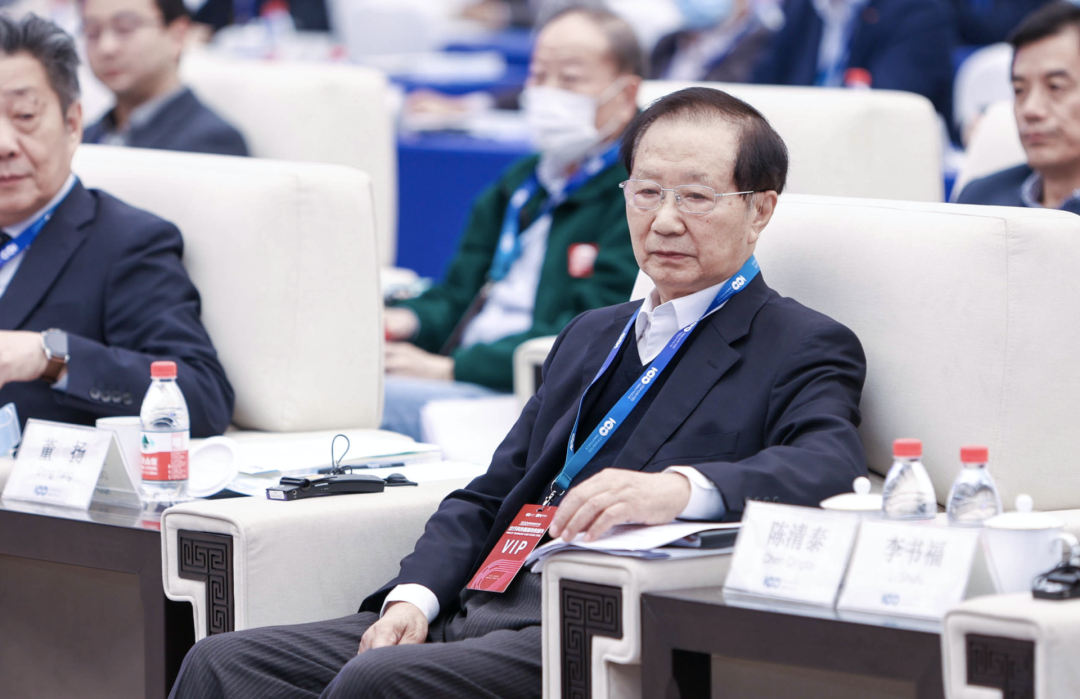
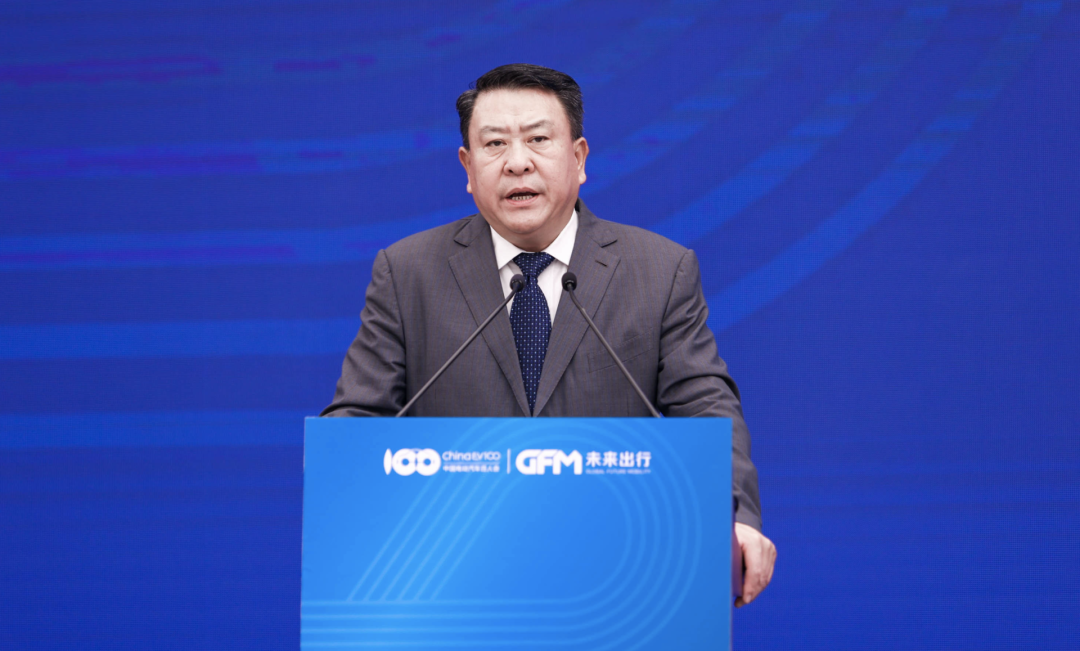
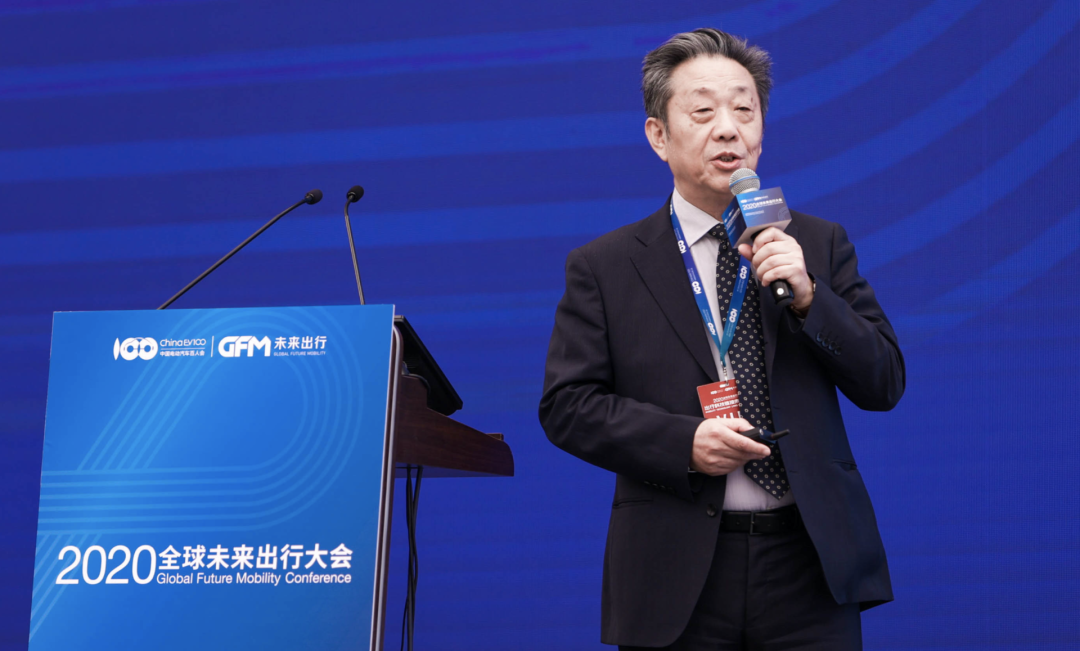
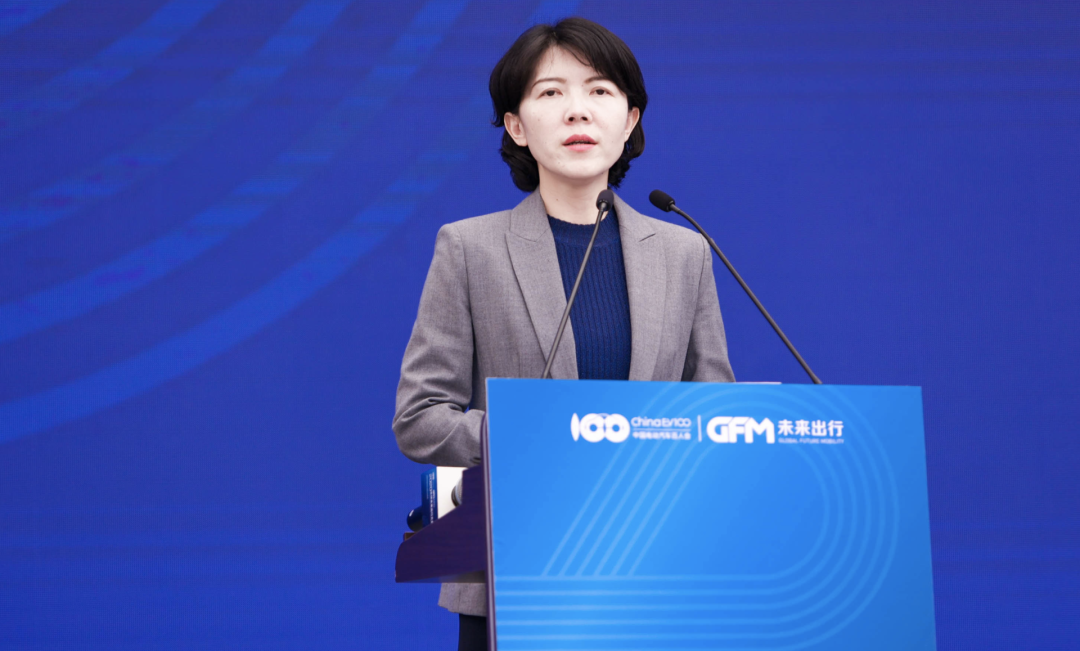
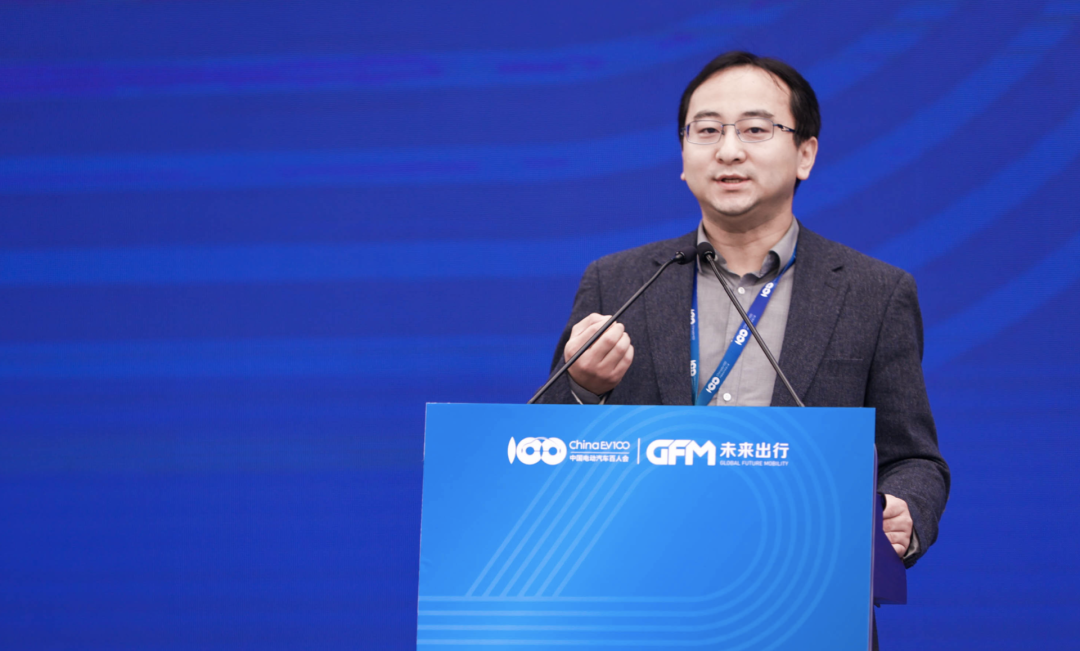
Comments
Post a Comment